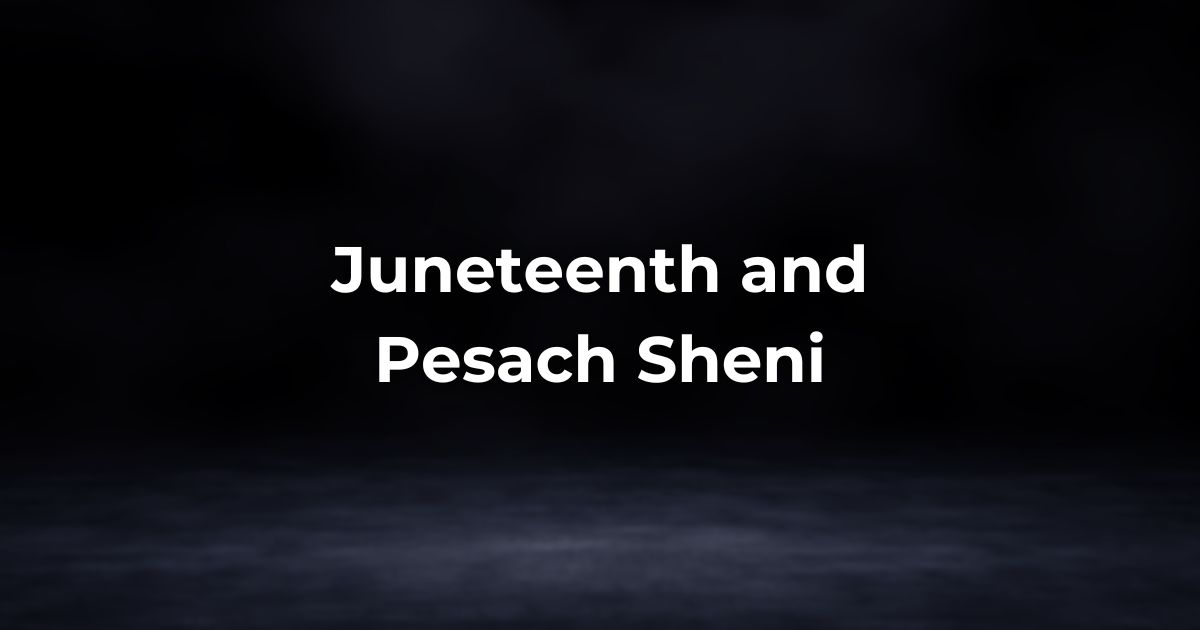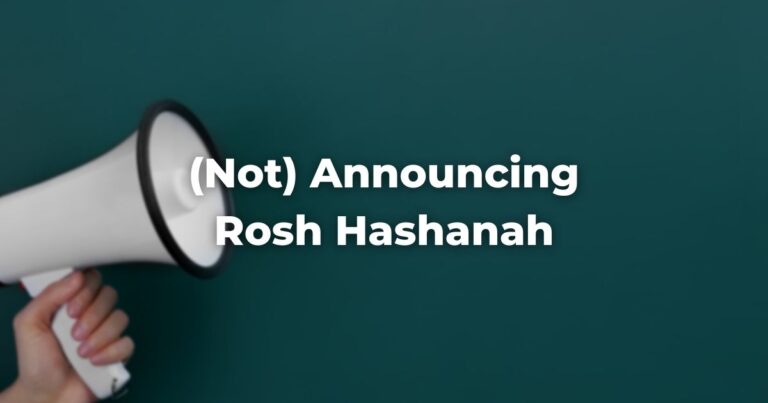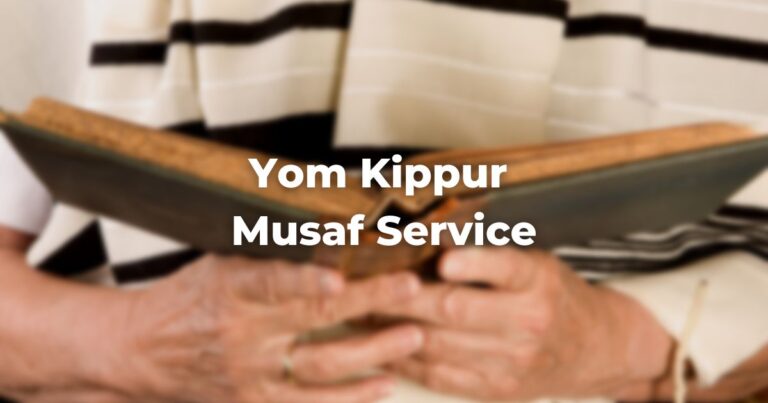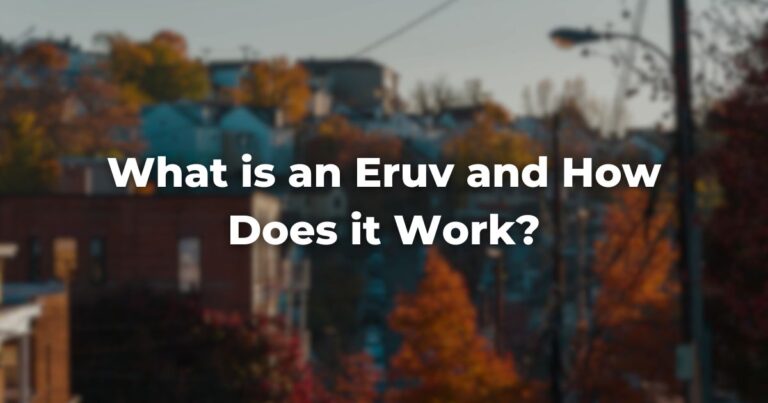What does the Second Passover teach us about celebrating Juneteenth?
Juneteenth is a celebration of delayed liberation. The TorahRefers to the first five books of the Hebrew Bible, the Tanakh, also called the Five Books of Moses, Pentateuch or the Hebrew equivalent, Humash. This is also called the Written Torah. The term may also refer to teachings that expound on Jewish tradition. Read more has a delayed celebration of liberation: a Second Passover, Pesach Sheni.
What’s the connection? What does the Second Passover teach us about celebrating Juneteenth?
In Bamidbar 9:6-7, people who are not ritually able to join the community by making a Passover sacrifice approach Moses and Aaron about being left out. They don’t want to be excluded from the community in marking their freedom.
The people are eager to participate. They don’t say, “We’re off the hook. We’re exempt. Yay! Less work for us.” No, they want to engage with the community. They want to participate in the ritual. They’re looking for a way to opt-in, not an excuse to opt-out.
They’re eager to participate, but they recognize that the law, as it is right now, is unjust, and they ask for it to be changed.
In response, Moses consults with the One who exists beyond time and space and returns with a new law: If you are not ritually fit to participate in Passover, you may celebrate a Second Passover a month later to fulfill your obligation.
Our sacred text, our holy laws, do not just come from some invisible power. Our Torah is co-created. We are not passive recipients, we are partners in developing our laws and traditions.
Moses goes on to explain that you may celebrate a Second Passover if you are on a “distant journey” and unable to participate in Passover on time. The goal is to make it possible for everyone to have a chance to celebrate liberation. We are looking to include, not searching for an excuse to exclude.
Rashi observes that there’s a dot in the Torah over the word “distant.” He explains that the dot signifies that the distance does not have to be long; indeed the person might be just over the threshold (Pesachim 93b). We can understand this to mean they might be hesitating, readying themselves. And when they take that final step over the threshold, they are welcomed.
Rabbi Yosef Yitzhak of Lubavitch says this is the meaning of the Second Passover: It’s never too late; there’s always a second chance.
All three of these elements—the eagerness to join in community; our co-creation of Torah; and welcoming those who make the last step of the journey—can help us observe Juneteenth, a moment in the American journey of liberation.
What is Juneteenth?
On Jan. 1, 1863, people gathered at midnight, waiting for the Emancipation Proclamation to take effect. Union soldiers marched onto plantations to spread news of freedom in Confederate states. In Texas, however, a quarter of a million people remained enslaved for two and a half more years, until Maj. Gen. Gordon Granger issued an order freeing them on June 19, 1865.
Two and a half years of delayed liberation.
Even then, in Galveston City, the mayor forced the freed people back to work. Many additional limits were imposed on the freed people’s liberty. Liberation wasn’t complete.
Black people couldn’t sit on juries or testify in court against White people. Even worse, newly freed Blacks who had no home and no work were vulnerable to being arrested and imprisoned, and the enslavement of criminals continued to be permitted. People were deprived of their liberty on charges of vagrancy, mischief, loitering, breaking curfew, insulting gestures, cruel treatment to animals, keeping firearms, and not carrying proof of employment.
The criminal legal system continued—and continues—forced labor. Plantations became prisons. When those who were formerly enslaved managed to eke out success in spite of Jim Crow laws, sometimes a pretext was used to take it from them.
In 1921, the Greenwood District—a thriving Tulsa, Oklahoma area—was destroyed by a white mob. Thirty-five city blocks—known as Black Wall Street—were reduced to ashes, erasing wealth, leaving hundreds homeless and an estimated 300 people dead. Thousands more were interned.
No one was held responsible. There was little to no compensation. Our society, our government, our laws were unable to provide justice.
This is just one example of racial massacres in American history. To say nothing of lynchings throughout the 20th century, or systemic police violence without accountability in the 21st century.
The work of liberation is not complete.
What does this have to do with me?
You may feel disconnected as a Jew from this part of American history, especially if your ancestors came here after slavery was abolished. You may think of the primary Jewish role in American history as being active in the process of liberation—fighting to desegregate schools, to end Jim Crow, to eliminate housing discrimination.
But there also are American Jewish roots in American slavery.
USCJ’s Juneteenth Haggadah notes that 5,000 of the 150,000 American Jews held slaves. They
represented 1.25% of slaveholders.
In 1861, Rabbi Raphall gave a sermon of Manhattan’s B’nai Jeshurun congregation, at the time called the Greene Street Synagogue, using Torah to defend the institution of slavery. It was printed in New York newspapers and held up as the American Jewish position on slavery.
The same year, Rabbi David Einhorn was driven out of Baltimore by a pro-slavery mob after preaching a sermon refuting Raphall’s position.
You may not have a direct connection to these events. Yet, as Rabbi Sharon Brous points out in an op-ed in the Los Angeles Times, although many American Jews came to this country years after the institution was abolished,
We have thrived under an economic system built on stolen land and stolen labor, a foundational wrong that has yet to be rectified. As survivors of generational trauma and beneficiaries of reparations granted after the Holocaust, Jews have a special obligation to help advance this conversation. … We can’t undo the past. But we can name it, take responsibility for it and do everything in our power to address what has been broken.
Juneteenth and Second Passover
The end of slavery was not a moment, but a process of liberation, as Black Jewish activist Jada Garrett writes. Juneteenth marks a moment in that process; part of a slow unfolding.
Juneteenth commemorates the potential for freedom, as Tema Smith writes in The Forward. Because even after the 13th Amendment was ratified and abolished race-based slavery, liberation continued to be withheld.
Our verses in the Torah remind us about people who were excited to participate and wanted to be part of community. On the other hand, as is true of humanity, there were also people among them that Rashi refers to as “murmurers.” The people complained about having only manna to eat and erroneously said that they had eaten better food when they were slaves.
Rabban Gamliel, son of Rabbi Judah, says,
Moses said it is impossible to settle their angst. Since they seek only a pretext, you cannot satisfy them and, in the end, they will find fault with you. If you gave them beef they will say we asked for mutton. And if you give them mutton they will say, we asked for beef.
Rashi says these murmurers seek a pretext to separate themselves from following the Omnipresent.
It’s a very human reaction, of course, to focus on our own dissatisfactions. But focusing on luxuries we feel we are being denied, or even nostalgically misremembering how good things were in the past doesn’t bring us closer to liberation.
Instead, how might we join our whole community in continuing the ongoing, unfolding process of liberation? We come back to the lessons from our Second Passover:
- Celebrate liberation and strive to be eager to help it unfold. Will you resist the urge to look for a pretext to avoid contributing?
- All of us can be a part of co-creating laws to offer justice to our community and create opportunities for those left out. Are you ready to replace laws that are unfair or unjust?
- If you’ve been just outside the threshold, how might you take the first step? Are you ready to come in? Cross the distance—no matter how long or short—to join in liberation!
A Second Passover teaches us that it’s never too late.
There’s always a second chance. Will you take it?
Author
-
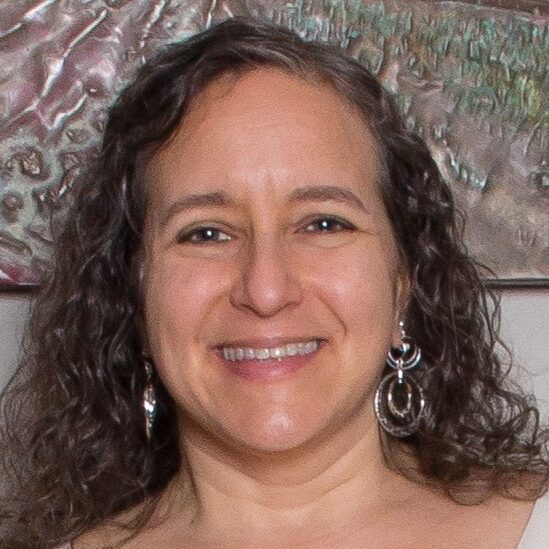
Rachel is a professional speaker, trainer, and coach. She works at El Futuro to advance mental health access for Latine communities through training and consultation. Rachel reads voraciously, fosters kittens, and is active in tikkun olam for social justice. From her decade as a foster parent, Rachel added two daughters—and now four grandchildren—to her family. Rachel is an engaged lay leader at Beth El in Durham NC: She taught Hebrew marathons; led Tot Shabbat and Family Services; and served on the rabbi search committee & as President of Beth El. She currently participates as a shaliach tzibur, oversees b' mitzvah tutoring, and serves on the Racial Justice Committee.
View all posts

